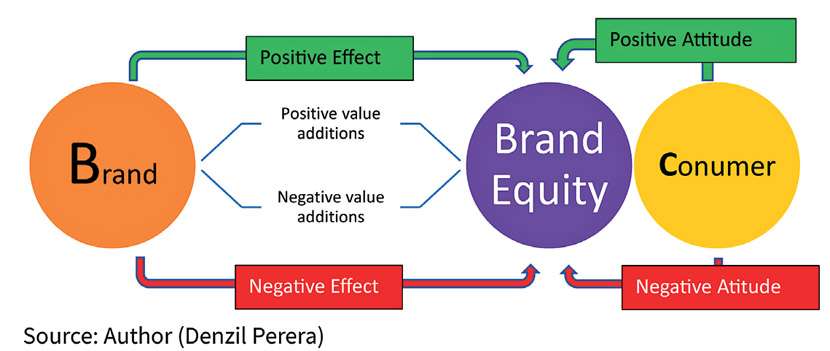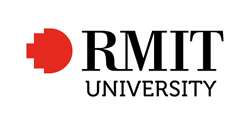What is brand equity and why it’s important to know?

Brand Equity is probably the most widely used terminology in the vocabulary of practicing brand marketers which at times the concept least comprehended by young marketers who are new to marketing and branding. Therefore, it’s important at the outset to look at few definitions and then elaborate on as to how brand equity could be built. Brand Equity came into effect and practice in the beginning of 1990s when as David Aaker published his famous first book on BE – Managing Brand Equity in 1991. Ever since then it became a buzz word in the vocabulary of marketers.

As per the definition of David Aaker – who is considered as the ‘Father or Brand Equity’ who came up with the first model for brand equity (Herein after be referred to as BE) is a “A set of assets or liabilities in the form of brand visibility, brand associations and customer loyalty that add or subtract from the value of a current or potential product or service driven by the brand.” (Aacker, 1991) Now let’s look at a simpler definition if this sounds complicated. Brand equity is a term used to describe the value of having a recognised brand, based on the ideology that firmly established and reputable brands are more successful.
More specifically, it’s a set of brand assets and liabilities linked to a brand name and symbol, which add to or subtract from the value provided by a product or service. Therefore, BE is essentially a perceived value than a created value. As a matter of fact, any effort that is taken to create brand equity is referred to as Brand Identity. When the same thing is perceived by the consumer it’s referred to as Brand Image. A perfect brand equity building attempt should be a perfect overlap between the Brand Identity and Brand Image.
But in a more practical sense, these two will not be a 100% overlap as the Brand Identity is what the marketer creates and Brand Image is what the consumer perceives. Needless to mention that the marketer would create brand identity with the hope of building brand equity either be based on research findings or be based on the anticipation that the consumer would want it in the same exact way the brand marketer would assume it to be. It could be described as follow. In other words, brand equity sits between the B and C. – B - is the brand and – C - is the Consumer. Brand can do things to enhance the image of the brand.
However, certain things may not be having a positive effect on the brand. For example if a home care brand shows cleaning toilets in their advertisement and if the advertisement is scheduled during the prime-time tv where majority watch tv while eating, it will create a negative effect on the brand. However, the brand marketer may feel that it’s the best use of his limited advertising money to show how easy it is to clean a toilet commode during the prime time. In return the consumer forms a negative attitude towards the brand.
On contrary if the brand does something relevant to the consumer – if an ad is aired during the prime time showing the importance of brushing after dinner and it’s an appealing advert which shows the effect of a special ingredient in the toothpaste such as clove oil, the consumer surely forms a positive attitude towards the brand. Therefore, it’s safer to say; Brand equity refers to the value that a specific brand adds to a product or service. It is the positive perception or emotional attachment that consumers have towards a brand, which can influence their purchasing decisions and overall loyalty to the brand.
Therefore, marketers should pay attention to actions that they take, and evaluate them to make sure that each action they take in the name of their brands can actually add value to their brands. Otherwise, it may not only waste your limited marketing budgets, but also will destroy the brands existing image which will result in negative brand equity.









































.jpg)

.jpg)
.jpg)
.jpg)
.jpg)
